A Waste Free World
As part of the Youth Food & Climate Ambassadors' programme, Kathryn and Abena set them the task to share what they've learnt and been inspired by. They created their own social action projects and the speech below is by Zara, which she shared in front of 100 of people at her Jack Petchey SpeakOut Challenge. If you joined us for the #COP26 event the young people hosted, you might have heard Zara share it then too.
As young people, we grow up being continuously taught that wasting food is bad. It’s a message that is always used in life, and we hear it everywhere from everyone. But how many people actually live up to the statement? We all waste food, don’t we? We tell ourselves it’s okay to waste the food if we don’t like it, or if we can’t finish it. Some of us keep leftovers, but then we forget about them. But the question is, why should we care about keeping leftovers? Why should we care about not wasting food?
We have the luxury of food. We think that most of us can afford three meals a day, and possibly even more, but things aren’t always what they seem. We can eat and waste as we please. We overshop, overcook, and we waste whatever isn’t eaten. We waste without thinking about the families and children who can’t afford to eat three meals a day, when we can afford extra.
We, in the UK, would think that our country is developed enough to make sure everyone can afford food and eat three meals a day. However, this is not the case. In 2019-20, there were 4.3 million children living in poverty. That’s 31 percent of children, or nine in a class of 30. 49 percent of children living in lone-parent families are in poverty, and 8.4 million people overall in the UK are struggling to afford to eat. As a result of the pandemic, many families and single households were financially affected and could not afford to eat, and are still struggling. During the pandemic, people began to hoard food and we all saw the irrational panic buying. This caused huge food shortages, where people were not thinking about how others would put food on the table, so as well as people struggling to afford food, people actually couldn’t buy it because of the selfish actions of others. We become selfish and we forget to think about how blessed we are to have food. We’ll never know the value of food until it’s gone from us. And yet we keep on wasting it.
Did you know that when we throw away food, our food waste goes to landfills, and many of you probably didn’t know this, but our food waste releases methane as it decomposes there. Now, we all know what methane is, the greenhouse gas story, so I won’t repeat it. Because you’ve heard it enough times. And do you know what? You’ve seen it as well. On my way to school, I see bins overflowing with food.
I care about the earth, and I know you do too. We only have one earth and it’s our job to take care of it. So now we’ve heard the story one more time. We’ve heard the message for the last time. I’m not here to make you aware of what our world is going through, because you know that for yourselves. It’s your choice to act. Let’s make a waste-free world. So let’s stop wasting food, think about others, and think about the impact we are having on our one and only planet.
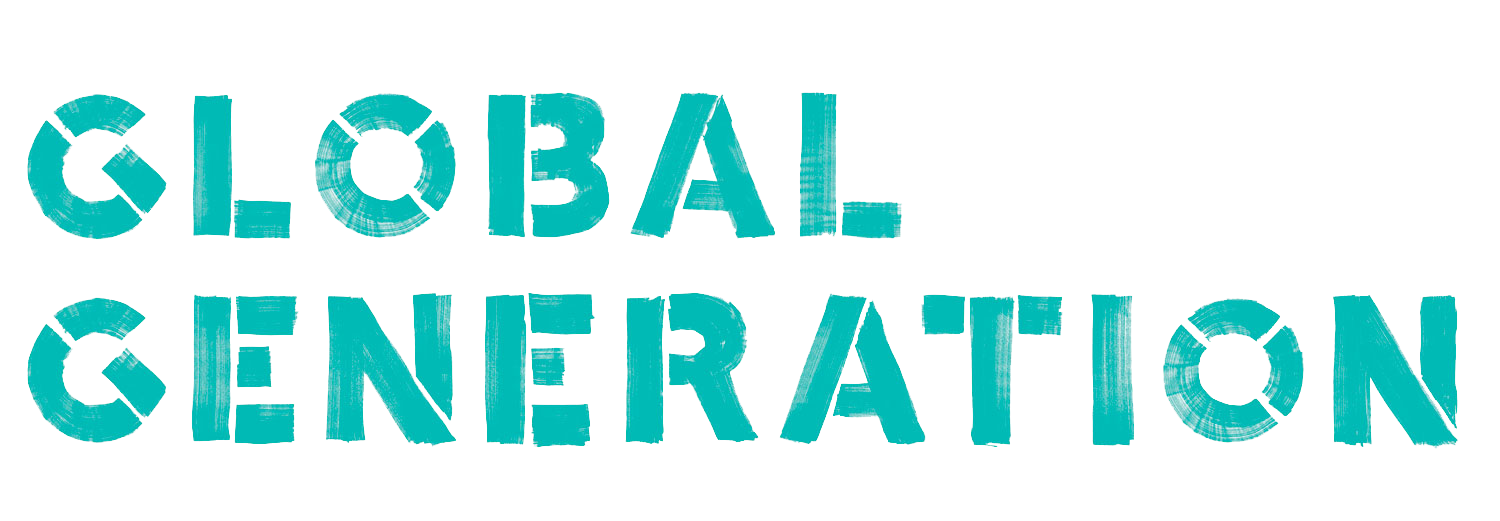
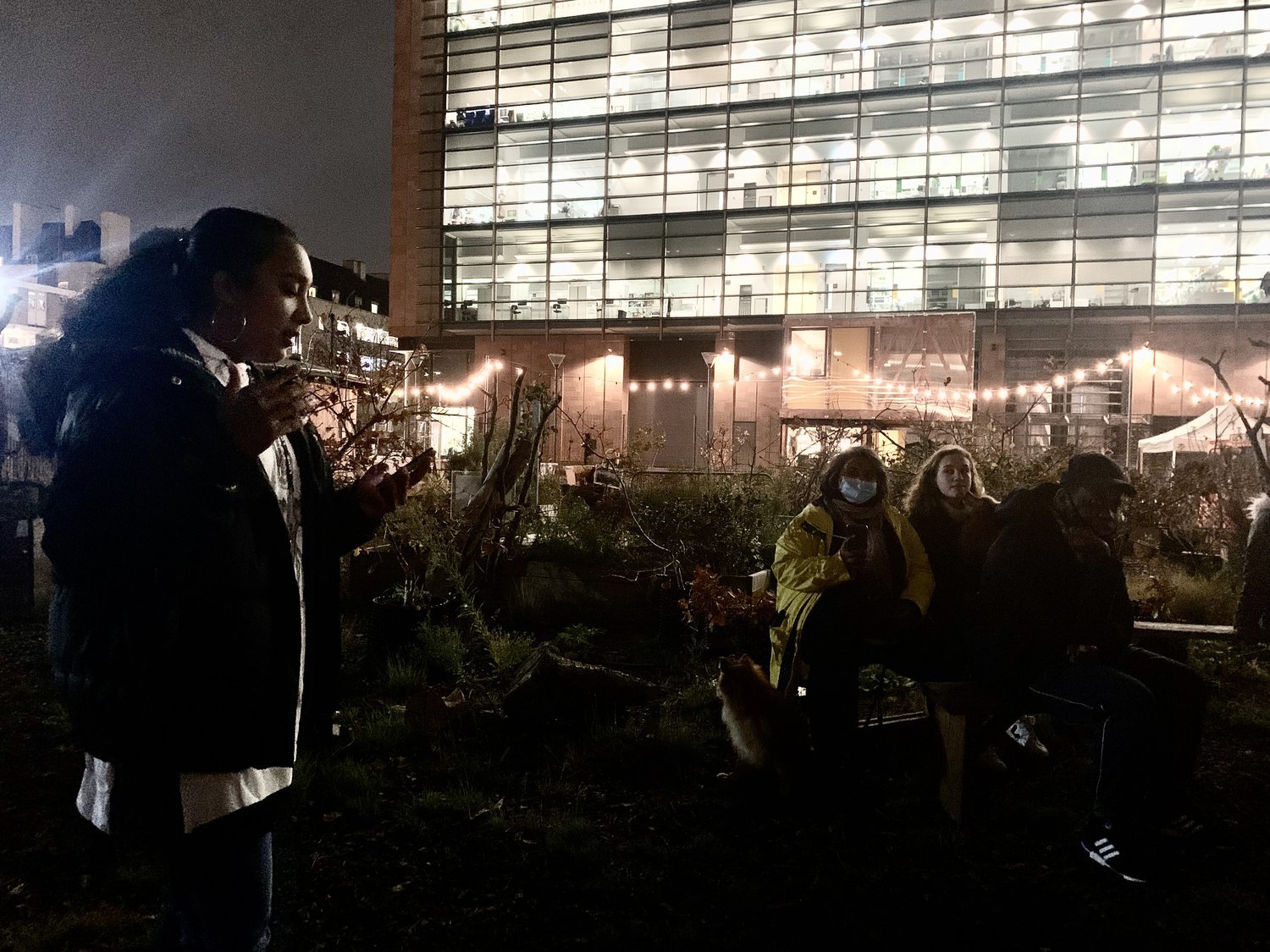

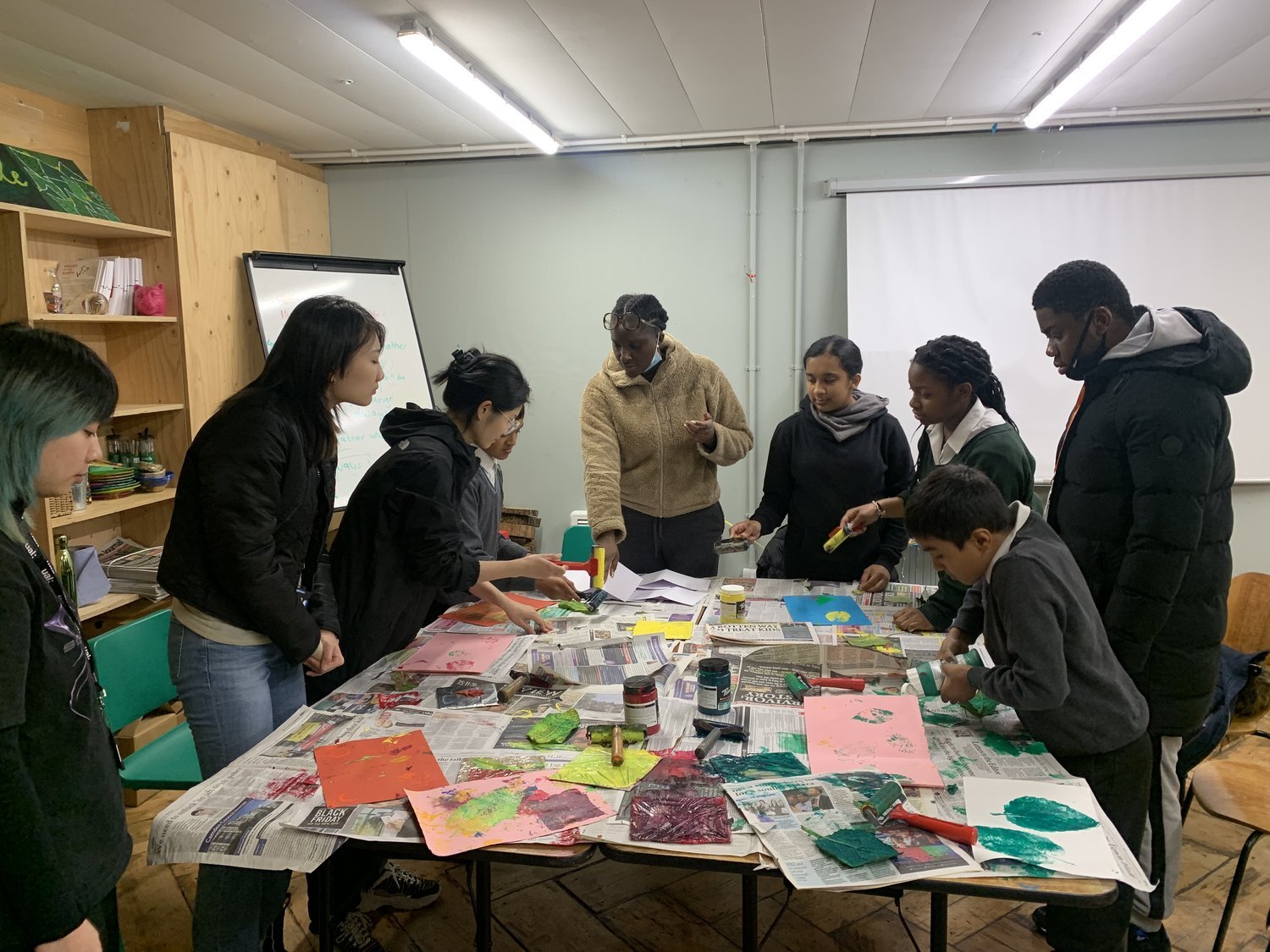
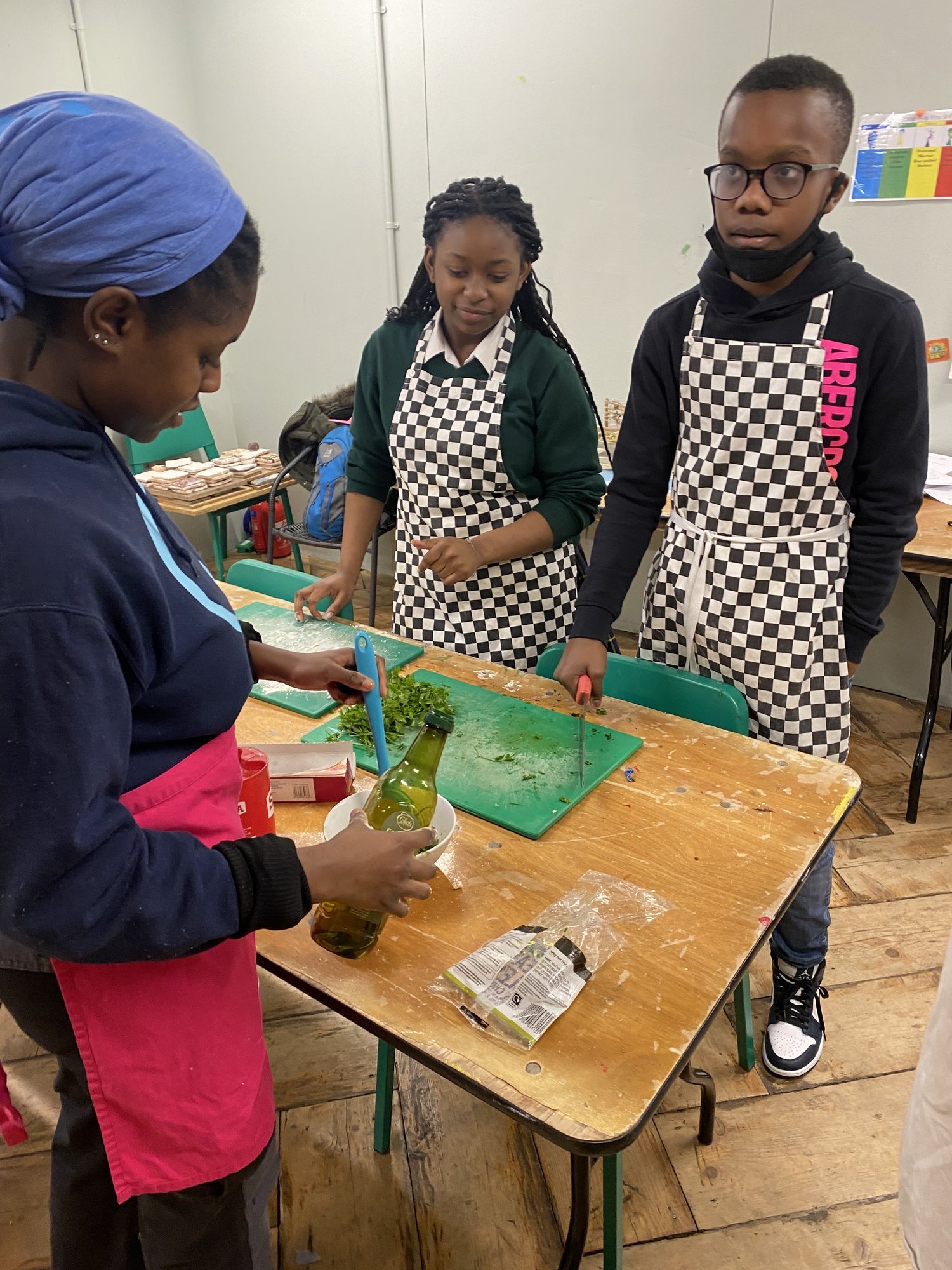

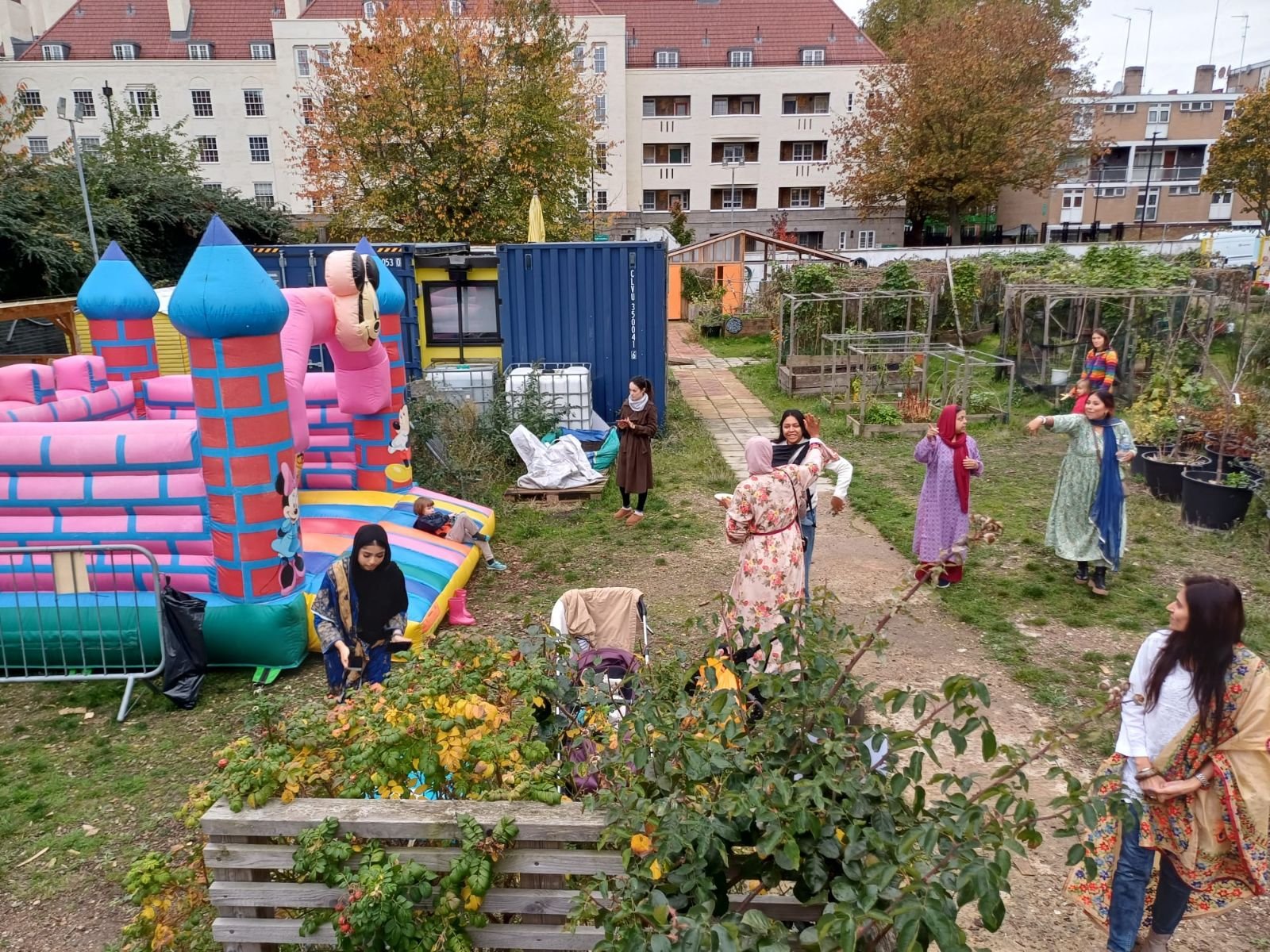

Meet our second cohort of earth build trainees! Their focus has been on all things wood, including green woodworking and the timber construction of the kitchen. They have learned on the job, while working on our sustainable natural build construction project to create our first permanent community garden, at the #TriangleSite.